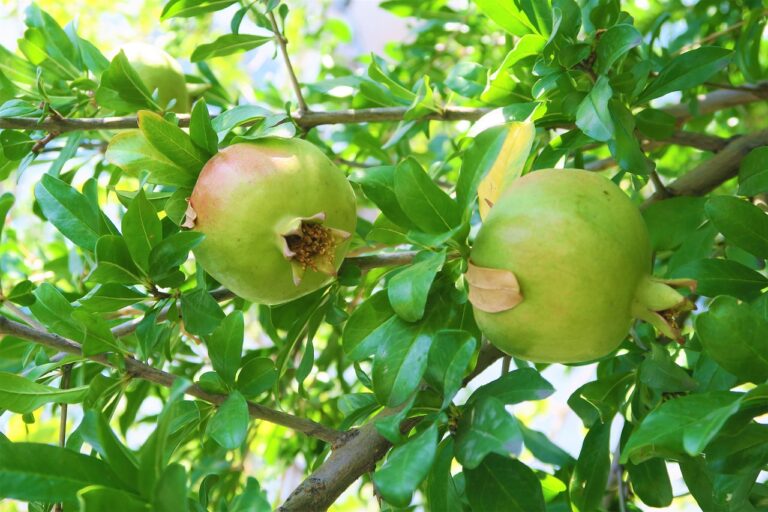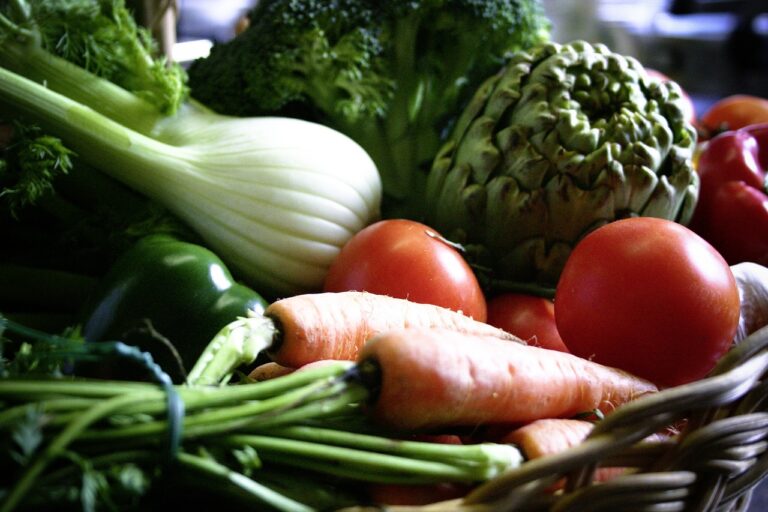The Impact of Food Industry on Sustainable Livelihoods for Indigenous Farmers
Indigenous farmers often face numerous challenges when navigating the complex landscape of the food industry. Limited access to resources such as land, capital, and technological tools hinder their ability to compete on equal footing with larger, more established players in the market. Additionally, the lack of representation and voice in decision-making processes further exacerbates their vulnerability in a sector dominated by non-Indigenous actors.
Moreover, systemic barriers and discriminatory practices can perpetuate inequalities and marginalize Indigenous farmers, making it difficult for them to secure fair prices for their products or access essential support services. These challenges not only impede the economic prosperity of Indigenous communities but also undermine the preservation of traditional knowledge and sustainable farming practices that have been passed down through generations.
Traditional farming practices vs modern agricultural techniques
In the realm of agriculture, the clash between traditional farming practices and modern agricultural techniques is a discourse that persists to this day. Traditional farming, steeped in ancestral wisdom and sustainable methods, embodies a deep connection to the land and seasons. Passed down from generations, these practices have nurtured the soil and ensured food security for communities worldwide.
Conversely, modern agricultural techniques have revolutionized food production on a larger scale, aiming for efficiency and higher yields. With advancements in technology, machinery, and chemicals, farmers can cultivate vast stretches of land with less labor. Critics argue that this reliance on modern methods can lead to environmental degradation, soil depletion, and loss of biodiversity. The debate between tradition and modernity in farming practices reveals a complex interplay between maintaining cultural heritage and meeting the demands of a rapidly growing population.
The role of government policies in supporting Indigenous farmers
Government policies play a crucial role in supporting Indigenous farmers as they navigate the challenges within the food industry. These policies can provide essential resources, funding, and support that are tailored to the specific needs of Indigenous farming communities. By recognizing the unique cultural, social, and economic factors that impact Indigenous farmers, government policies can help create a more level playing field for these individuals to thrive and succeed in the agricultural sector.
Additionally, government policies can help address historical injustices and systemic barriers that have hindered the success of Indigenous farmers. Through initiatives that promote land rights, access to markets, and technical assistance, policymakers can foster greater equity and sustainability within the farming industry. By working in partnership with Indigenous communities and incorporating their traditional knowledge and practices into policy frameworks, governments can empower these farmers to preserve their cultural heritage while also embracing innovation and growth in agriculture.
What are some of the challenges faced by Indigenous farmers in the food industry?
Indigenous farmers often face challenges such as lack of access to resources, limited market opportunities, and the impact of climate change on their traditional farming practices.
How do traditional farming practices differ from modern agricultural techniques?
Traditional farming practices often involve sustainable methods passed down through generations, while modern agricultural techniques may focus on efficiency and maximizing yields through technology and chemicals.
What role do government policies play in supporting Indigenous farmers?
Government policies can provide funding, resources, and support programs specifically tailored to the needs of Indigenous farmers. These policies can help address challenges and create opportunities for success in the food industry.







